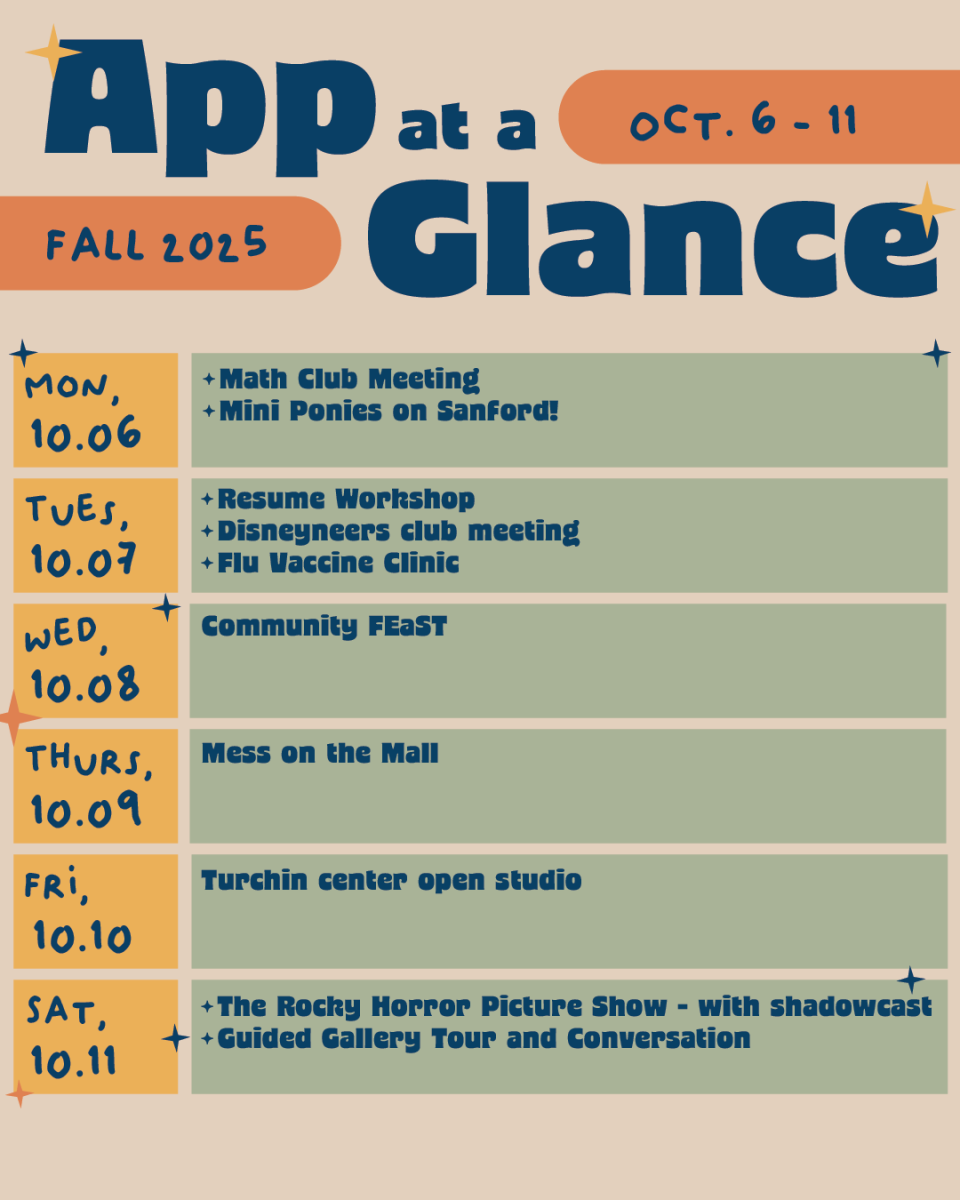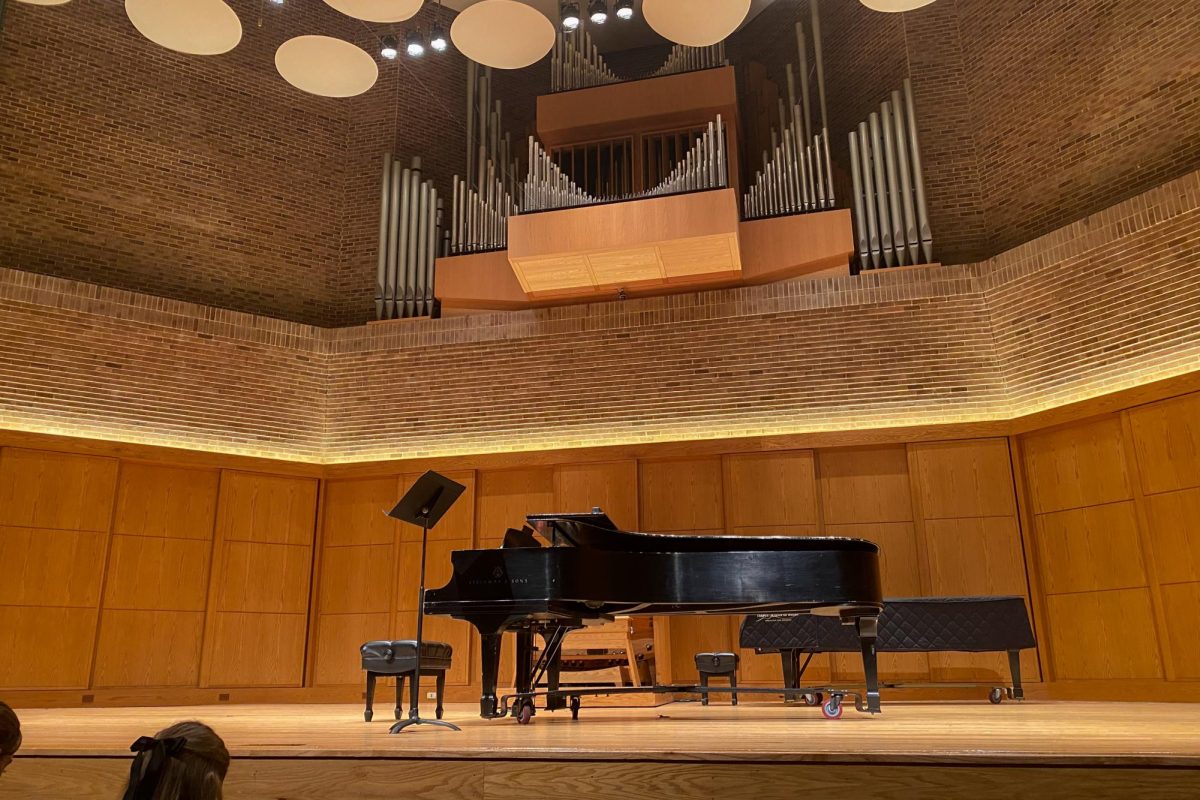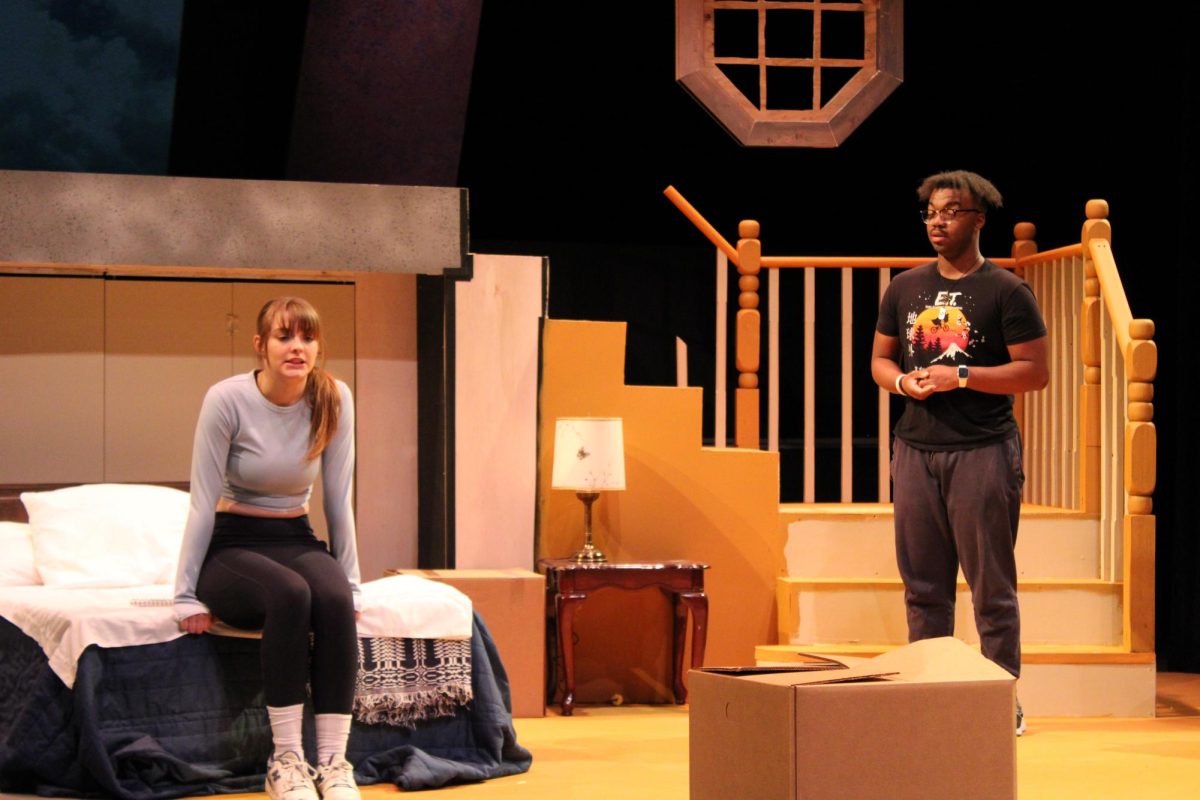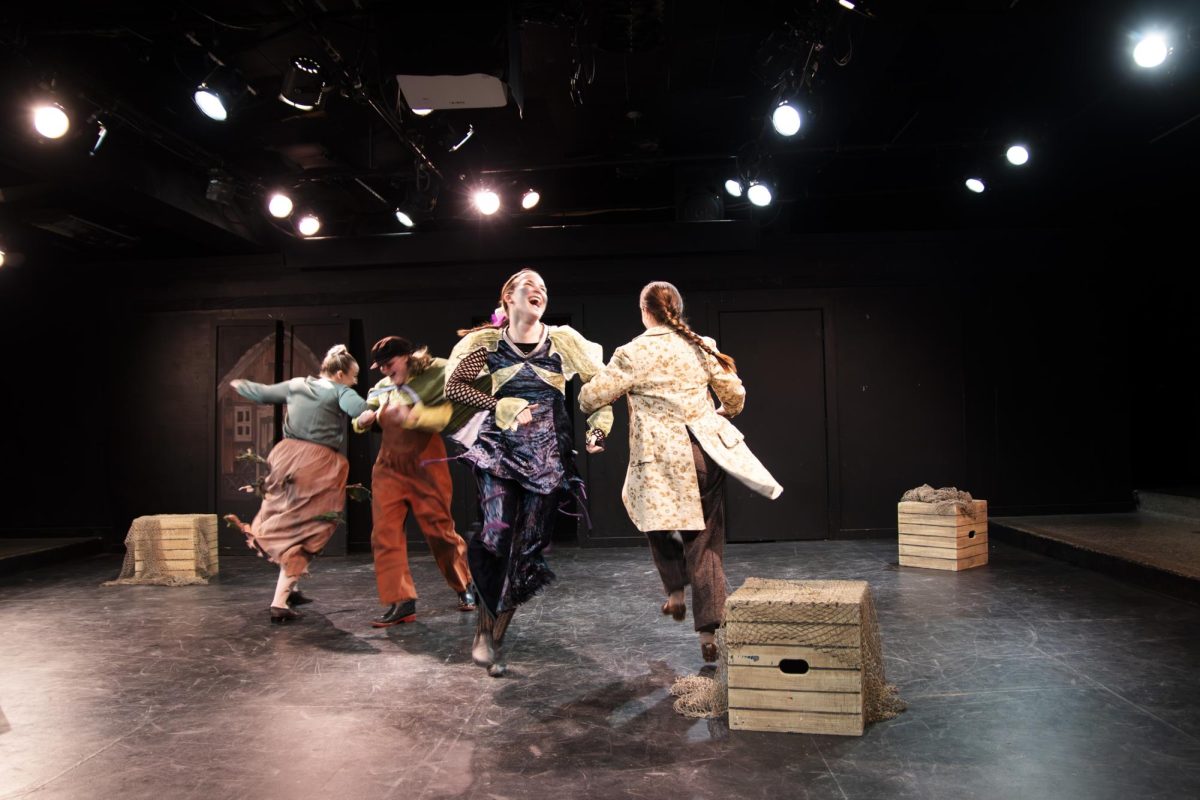College graduation is often a pivotal point in the lives of the graduates. It marks the beginning of adult life for people who have spent the last decade and a half in school. For many of this year’s May graduates, this will be the first time taking part in a proper graduation ceremony due to their senior year getting cut off by COVID-19.
This group of graduates will get to take part in all of the traditional celebrations they may have missed out on for their high school graduation, though this go around they’ll likely be able to legally drink the champagne that gets toasted in their honor.
The 90-minute commencement ceremony will be filled with a mix of celebrations, symbolism and traditions that go back hundreds of years such as the commencement address, which is typically given by the chancellor of the university, or the turning of the tassels which is a symbolic, ritual-like tradition that signals the transformation of a student becoming a graduate. Even the traditional clothing graduates wear comes from medieval scholars in the twelfth century.
In the 19th century, the style of cap and gowns shifted to the more modern style that we are used to today. The gowns went from being an everyday outfit for scholars to only being worn for special occasions. Tassels were added to the ensemble in 1885, which replaced the pompoms worn atop the hood. Caps, which are also known as mortarboards, went from being long hoods to becoming the flat, square caps we know and decorate today.
Unfortunately, App State does not want graduates to partake in the tradition of throwing graduation caps into the air after the ceremony in fear of injuring others. However, students can still check this off the list of graduation celebration activities once they’re outside of Holmes Convocation Center.
One tradition App State does stick to is allowing graduates to decorate their caps as they desire. So long as there is no vulgar language or depictions, graduates are free to get as creative as they like.
An App State-specific tradition graduates are encouraged to partake in is the ringing of the Founders Bell after the commencement. Graduates can take a short walk across Rivers Street into Durham Park where they can ring the bell in celebration of all their hard work.
After the ceremony, friends and family are free to meet up with their graduates outside of the convocation center for pictures and celebrations. Pre-planning a spot to meet up after the ceremony can help find family and friends faster than searching through the masses.
Depending on the time of day the ceremony takes place, local restaurants will be packed in for the celebratory breakfast, lunch or dinner crowds. With this in mind, beware the flood of people and plan accordingly as the weekend will be packed with long waits for a table and restaurant staff slammed with guests requesting speedy service. Remember to be nice to your servers as they too feel the chaos of the weekend filling their schedule.
As graduates reach the end of the ceremonious day, there tend to be celebrations held with family, friends and a bottle of champagne to pop open and make toasts. Whether they’re spending the night relaxing and recharging from the chaos of the ceremony or are partying into the night, all of App State’s graduates are sure to be celebrating in their own style. With the end of their collegiate experience, graduates can begin to look ahead into the new chapter of their lives all of their hard work has led them to. For this one night, they can take a breath and rest easy knowing summer break has finally come.














